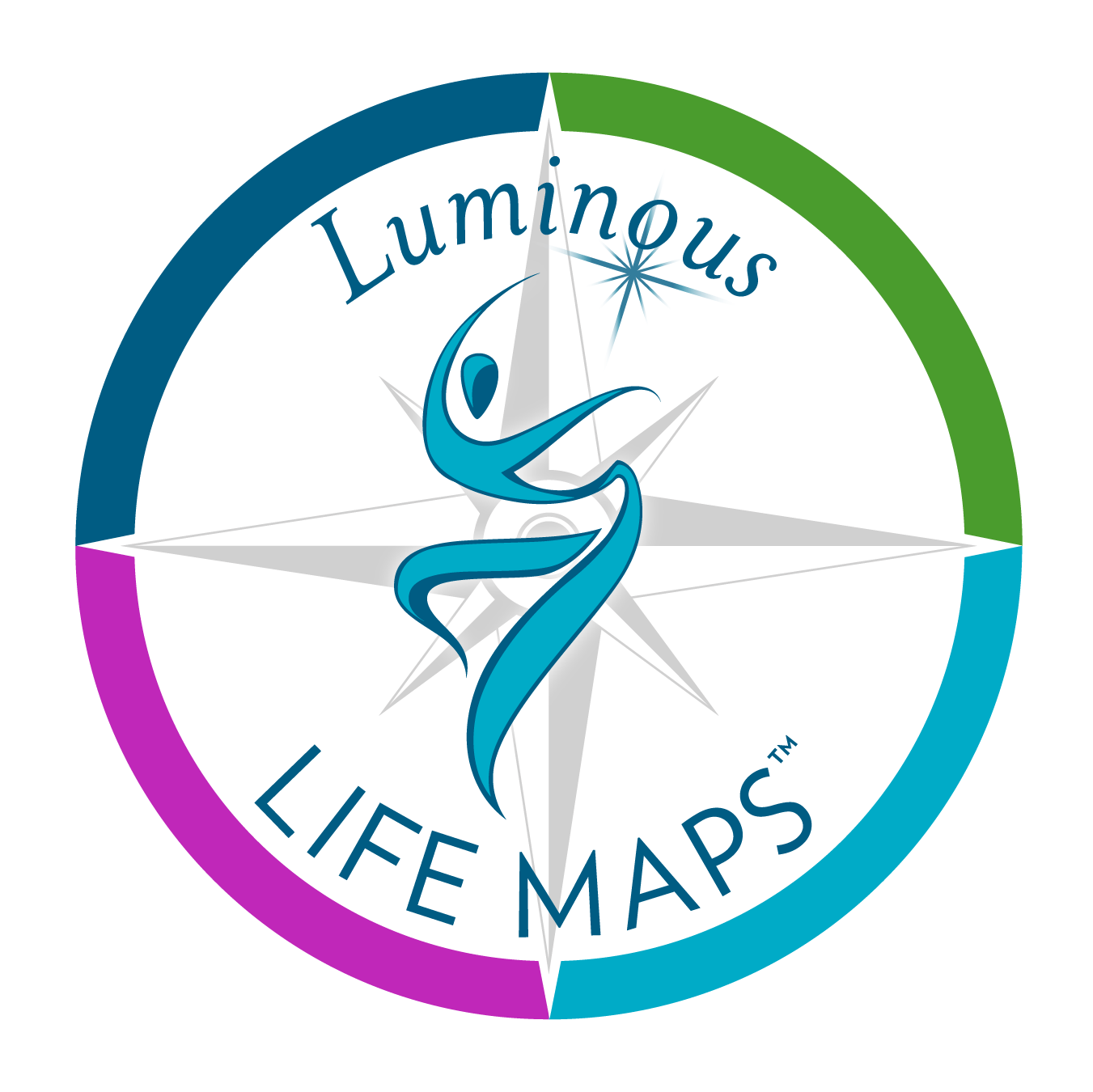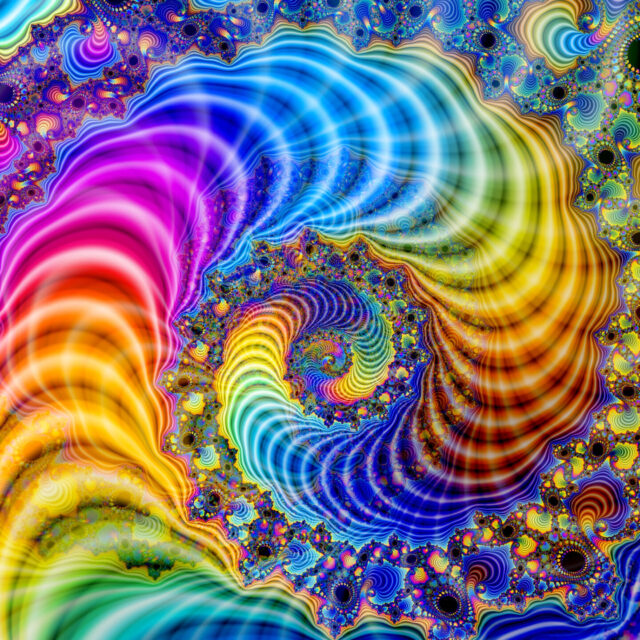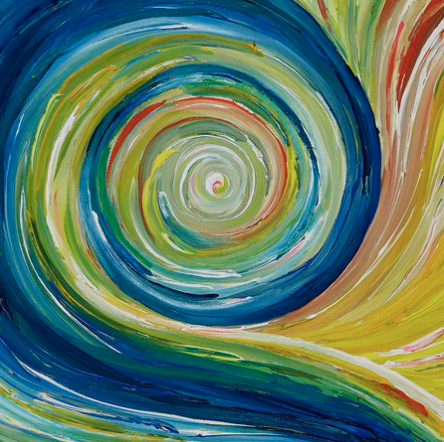Description

R. D. LAING wore many robes in his career, including psychiatrist, psychoanalyst, philosopher,
social critic, author, poet, and mystic, and at the peak of his fame in the 1970s he was the most
widely-read psychiatrist in the world. Arguably the most controversial psychoanalyst since Freud,
Laing’s meteoric rise in the 1960s was the result of his rare ability to make complex ideas accessible
with such best-selling classics as The Divided Self (1960), Sanity, Madness and Family (1964), The
Politics of Experience (1967), and many others. Laing’s impassioned plea for a more humane treatment
of those in society who are most vulnerable catapulted him into the vanguard of intellectual and
cultural debate about the nature of sanity and madness, and inspired a generation of psychology
students, intellectuals, and artists to turn this disarming Scotsman into a social icon.
social critic, author, poet, and mystic, and at the peak of his fame in the 1970s he was the most
widely-read psychiatrist in the world. Arguably the most controversial psychoanalyst since Freud,
Laing’s meteoric rise in the 1960s was the result of his rare ability to make complex ideas accessible
with such best-selling classics as The Divided Self (1960), Sanity, Madness and Family (1964), The
Politics of Experience (1967), and many others. Laing’s impassioned plea for a more humane treatment
of those in society who are most vulnerable catapulted him into the vanguard of intellectual and
cultural debate about the nature of sanity and madness, and inspired a generation of psychology
students, intellectuals, and artists to turn this disarming Scotsman into a social icon.
This year we will turn our attention to perhaps the most seminal question that is associated with
existential philosophy: the meaning of death, our mortality. We all know that we are going to die,
sooner or later. But we do not know when or how. Martin Heidegger once made a distinction between
death and demise. He suggested that demise is the physical incidence of dying, but that we live our
death, every day of our lives, and how we live our death has a profound impact on how we live.
This year, we invite our presenters to reflect on their personal relationship to death, how it
impacts their life, and what experiences they may have had that have transformed their
relationship to death, and to life.
existential philosophy: the meaning of death, our mortality. We all know that we are going to die,
sooner or later. But we do not know when or how. Martin Heidegger once made a distinction between
death and demise. He suggested that demise is the physical incidence of dying, but that we live our
death, every day of our lives, and how we live our death has a profound impact on how we live.
This year, we invite our presenters to reflect on their personal relationship to death, how it
impacts their life, and what experiences they may have had that have transformed their
relationship to death, and to life.
Organized by Michael Guy Thompson Ph.D
ESSAYS IN EXISTENTIAL PSYCHOANALYSIS: On The Primacy of Authenticity (2023), M. Guy Thompson
ISBN 978-1-032-55123-4
THE DEATH OF DESIRE: An Existential Study in Sanity and Madness (2017), M. Guy Thompson




